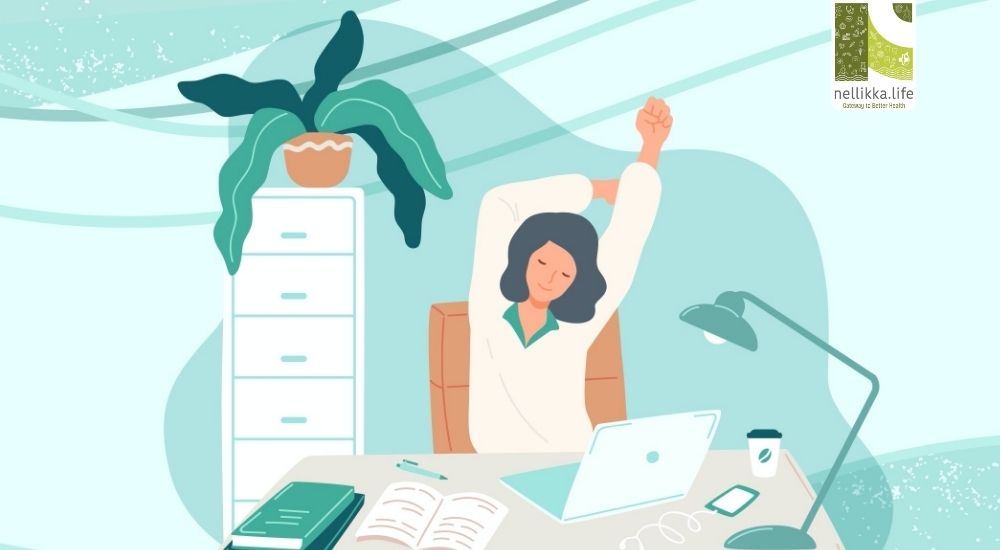Why Homemakers Feel Guilty Taking a Break: Breaking the Myth of Constant Productivity

In a world that thrives on busyness and praises productivity, the silent heroes inside our homes—homemakers—often struggle with something far deeper than daily chores: guilt. The guilt of taking a break. Of sitting still. Of resting.
But why does taking a breath feel like a betrayal?
The Invisible Weight of Unpaid Labor
Homemakers are always “on the clock,” though no one clocks them in or out. Cooking, cleaning, organizing, nurturing, anticipating every family member’s need—this endless cycle becomes their full-time job, often without recognition or structured hours.
The absence of a “salary” or “appraisal” feeds into a dangerous narrative: “If I’m not visibly working, I’m not contributing.”
This mindset leaves homemakers feeling undeserving of rest.
Cultural Conditioning & Gender Expectations
In many cultures—especially in countries like India—the homemaker (usually the woman) is idolized for her selflessness. Rest is almost equated with selfishness. She’s expected to always be available, putting her needs last. Over time, this conditioning creates an inner voice that whispers:
“If you’re resting, you’re being lazy.”
This internalized guilt is not natural—it’s taught.
Mental Load: The Unseen Wor
It’s not just physical exhaustion; it’s mental fatigue.
The homemaker is the family’s silent project manager—keeping track of appointments, groceries, school events, medications, emotional needs, finances, birthdays. This invisible “mental load” wears people down, yet it goes unnoticed. And when that homemaker sits down for a moment of stillness, they’re still mentally multitasking.
So, even when they’re “taking a break,” they don’t feel rested—and worse, they feel guilty for trying.
The Comparison Trap
Social media has turned homemaking into a performance art. Pinterest-perfect meals, Instagrammable homes, and productivity reels make rest feel like failure.
Homemakers often compare their off-screen reality with someone else’s highlight reel and internalize this as:
“I’m not doing enough.”
The result? Guilt, anxiety, and burnout.
Why This Guilt is Dangerous
Chronic guilt leads to:
- Mental fatigue
- Burnout
- Anxiety and depression
- Resentment toward family or self
When homemakers ignore their need for rest, they rob themselves—and their families—of a healthier, happier version of themselves.
Rest is Not a Reward. It’s a Right.
Taking a break doesn’t make you lazy. It makes you human.
Just like any job has breaks, homemaking should too. Not because everything is done, but because you matter.
Your worth isn’t tied to folded laundry or spotless floors. It’s in your being, not just your doing.
A New Culture of Compassion
Let’s reframe the narrative. Families need to:
- Encourage homemakers to schedule personal time
- Share household responsibilities
- Offer validation and gratitude
- Normalize saying, “I need a break”
Homemakers need to start:
- Letting go of perfection
- Setting boundaries
- Acknowledging that self-care is not indulgence—it’s survival
Final Thought
If you’re a homemaker reading this, let us say this clearly:
You’re allowed to rest. Without guilt. Without apology.
Because a rested heart has more love to give.
And that, more than anything else, keeps a home alive.




